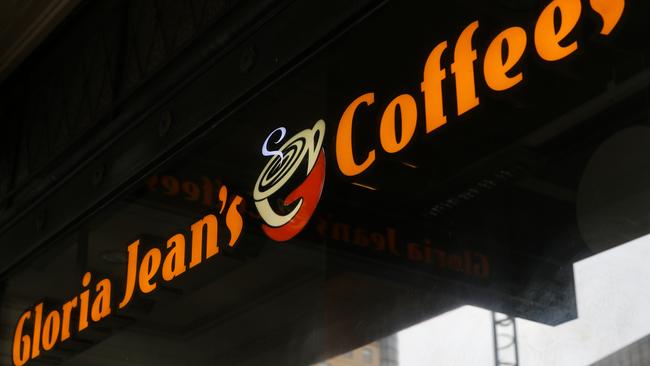
Analysts at Shaw and Partners believe the roaring success of Guzman y Gomez on the first day of its trading last week makes Retail Food Group look cheap.
The analysts said that, by their calculation, Guzman y Gomez was trading on 47 times its forecast 2025 financial year earnings before interest, tax, depreciation and amortisation.
By comparison, RFG – the company behind brands such as Donut King, Gloria Jeans, Brumby’s Bakery, Crust Gourmet Pizza and Michel’s Patisserie – trades at 9.2 times.
GyG would need to increase its EBITDA from $59.9m to $307m to reflect the same multiple as RFG.
The analysts said that, while GyG believes it can grow its network to more than 1000 stores in Australia over at least 20 years from 2025, they thought it would be risky to price such long-dated growth into a stock.
The prospectus projects fiscal 2025 revenue growth of 26 per cent on the opening 40 stores, with RFG having 10 per cent topline growth next year and four net new store openings.
Similarities are that they both earn franchise revenue, at about 10 per cent of network sales.
Also, neither RFG nor GyG extract value from franchisees by charging rebates on transactions from authorised third-party suppliers.
GyG averages between $4.5m and $5.5m in sales per store versus RFG’s sales average of $600,000-$700,000 per store.
RFG’s stores are generally smaller, and lease liabilities per store is nearly $1m for GyG, but about $100,000 for RFG.
RFG’s profile is capital-light, with projected capex about $11m in the 2026 fiscal year.
By comparison, GyG has earmarked $180m of capital for store expansion from the 2025 fiscal year and beyond.
Each new restaurant will cost the company or franchisee about $1.8m-$2m to install, whereas RFG’s restaurants cost less than r $500,000 to open.
GyG shares closed down 3 per cent on Friday at $29.
Of the $335m of GyG’s initial public offering proceeds, about $100m came from institutional investor Capital Group, which was also the recent seller of a $1bn parcel of shares in Fortescue Metals.
The remainder came from pre-IPO investors, apart from a small portion that was attributed to retail investors, and many believe the real test will be when the company owners’ escrow arrangement for stock sales roll off from the 2025 financial year results onwards.
For the IPO, Gilbert + Tobin was paid $1.1m in fees, Deloitte $962,000 and EY $510,000.
Investment banks Barrenjoey and Morgan Stanley were paid fees equal to 2.75 per cent of the gross proceeds of the offer in a deal that will net them millions of dollars in profits.




To join the conversation, please log in. Don't have an account? Register
Join the conversation, you are commenting as Logout